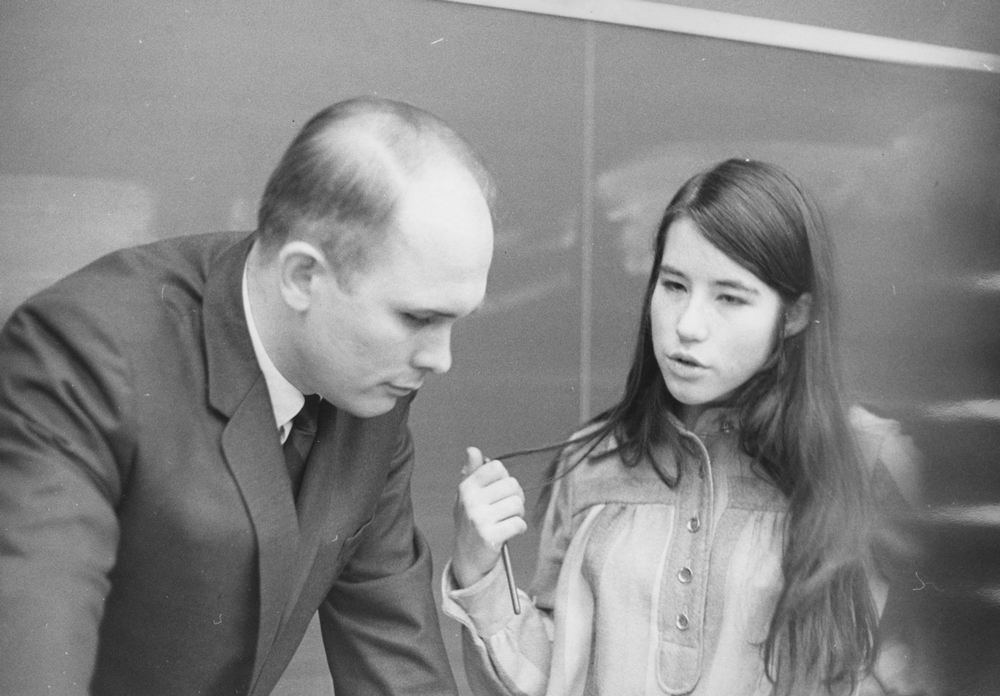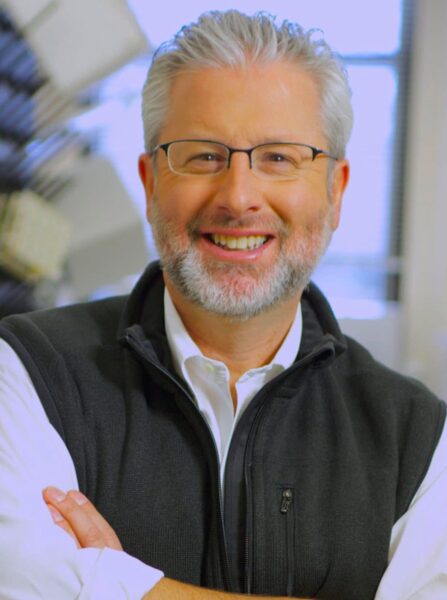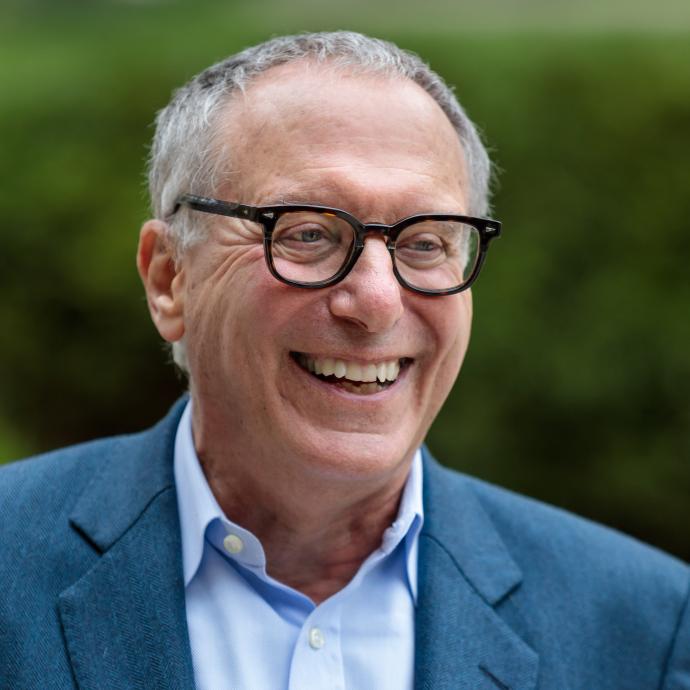The five inaugural recipients of a joint scholarship between the University of Chicago and the Chicago Public Schools are well into the swing of their first year in the College, but the long-term effects of the program are only beginning to take hold.
Endowed by the Henry Crown family, the program will award five full scholarships each year over the next four years.
While intended to reward hard work and to draw more students from the Chicago Public Schools to the University, there are many far-reaching implications of the program. Arne Duncan, Chief Executive Officer of the Chicago Public Schools, said that he knows of no other program like this one in the country, and that he hopes the program will serve as a model for other schools.
He said there has been discussion of approaching Northwestern and other universities to investigate the possibility of starting similar programs there.
The five recipients of the scholarship are Laura Cervantes of Kennedy High School, Marco Mendez of Noble Street Charter School, Sully Paz of Von Steuben High School, Valery Shubinets of Lake View High School, and Ashley Garrison of Morgan Park High School.
Andre Phillips, associate director of college admissions, was heavily involved in the creation of the scholarship program. He hopes that other philanthropists in the city take a close look at the program and match the donation of the Crown family.
President Don Randel explained that the University had a number of goals in mind when creating the scholarship program. “We want to demonstrate our conviction that graduates of the Chicago Public Schools can and should aspire to the highest quality in undergraduate education,” he said.
While the scholarship program is intended to provide tangible financial benefits to its recipients, it is also aimed at altering perceptions of what students within the Chicago Public School system can achieve. Duncan said that there has been a sense that “our students couldn’t compete, that our schools couldn’t compete. These students that are going to the University of Chicago as part of this program are demonstrating exactly the opposite. They can compete with anyone.”
Sully Paz, one of the recipients, said that there was a feeling that private school students “looked down on” peers from public schools. She said that everyone at her high school was very motivated to succeed, and that among her circle of friends, people were willing to put themselves in debt to pay for their college education.
Laura Cervantes, another recipient agreed. “It’s not hard to face the fact that, yeah, private schools are going to have better facilities, more rooms, enough teachers. But all five of us are here. It’s like, the Chicago schools are doing something right,” she said.
Valery Shubinets held a slightly different opinion, saying that going to a Chicago Public School creates a concept “that you’re kind of underprivileged compared to the suburban schools. But I happened to not feel affected very much.”
The scholarships are meant to serve as an incentive for all students of the Chicago Public Schools to “aspire to attend a world-class institution,” Duncan said. “It’s an extraordinary incentive, a carrot that rewards great, hard work.”
The student recipients agree that the scholarships will motivate students in the public school system to work harder.
Cervantes said that the existence of the scholarships showed her that hard work does pay off.
The scholarships also serve to motivate the recipients in their college careers. “It sounds so corny, but I want to be the best I can be,” Paz said. “I want to put my best self out there, and show that yeah, we did do a good job by giving her the scholarship.”
Similarly, Laura Cervantes said that much of the excitement the scholarship created will fuel the success of the program. “Now you got a scholarship, now you have to keep it. People have expectations.”
Paz said that in terms of name recognition, the studious people in her high school really admired the University. “It’s a goal they want to reach. It’s very talked-about.”
And, as for her not-so-studious classmates, Paz joked, “U of C ? You mean UIC?”








